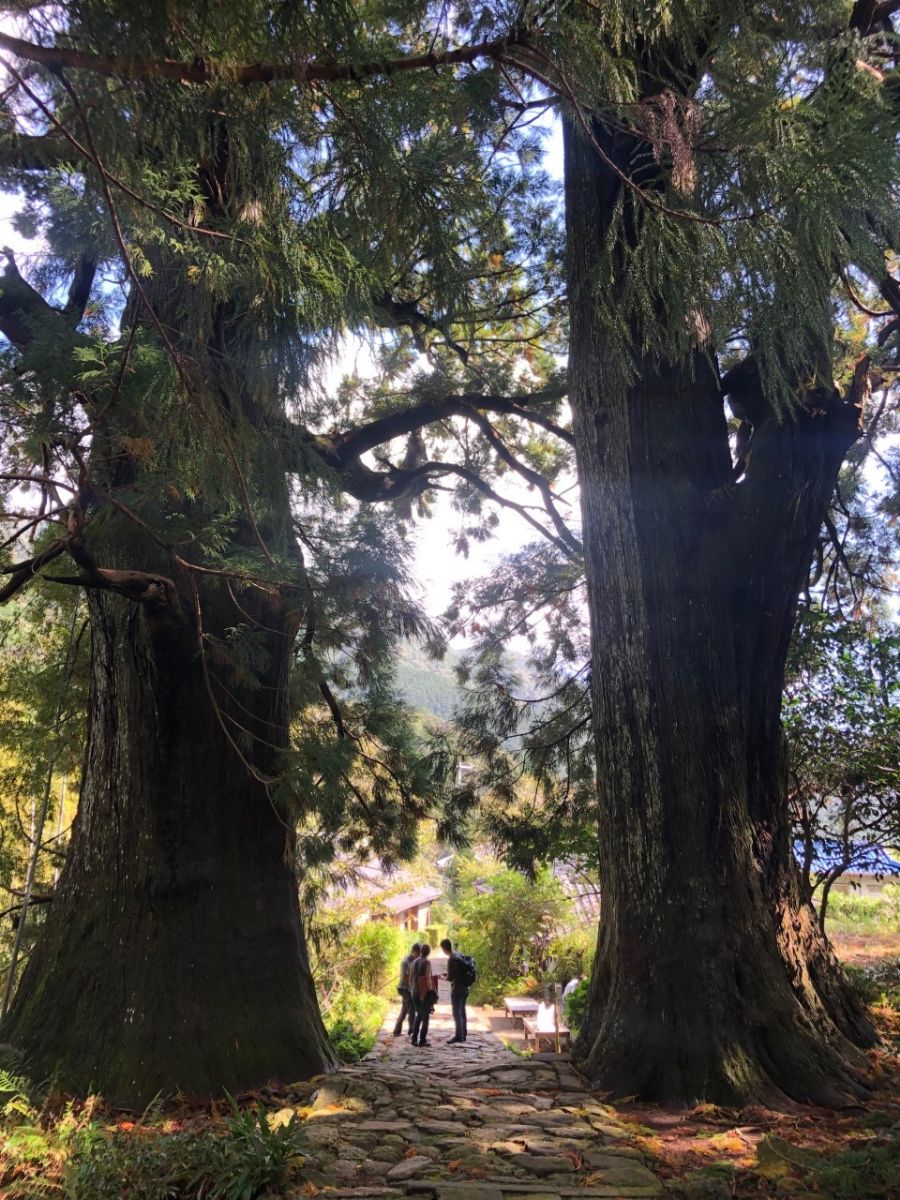Sibillini
Key information: Sibillini 
- Classic glacial landscape at the heart of the Italian peninsula, with grassy, treeless upper slopes with huge views. Famous for their wildflower-crazed meadows.
- A form of walking bliss.
Walkopedia rating
- Walkopedia rating87
- Beauty34
- Natural interest16
- Human interest4
- Charisma33
- Negative points0
- Total rating87
Vital Statistics
- Length: Your choice
- Maximum Altitude: 2,467m
- Level of Difficulty: Variable
This walk description page is at an early stage of development, and will be expanded over time. Your comments on this walk, your experiences and tips, and your photos are very welcome.

WALK SUMMARY
The Sibillini Mountains sit at the heart of the Italian peninsula, east of Perugia and Spoleto and straddling Umbria and the Marche. They are part of the long Apennine chain, with many peaks over 2,000m and a high point at Monte Vettore (2,476m). They are now protected as part of the Sibillini Mountains National Park.
As a once-glaciated area, you will meet scraped cliffs, cirques, corrie lakes and U-shaped valleys, as well as gorges, waterfalls and caves. The grassy, treeless upper slopes are walking bliss, with their huge views.
The Sibillini are famous for their wildflower-crazed meadows, indeed whole plains, in springtime (take a bow, the famous Piano Grande) below high, grassy ridges. There are said to be around 1,800 floral species in the park. Wildlife includes wolves and wildcats – and porcupines, animals it is easy to forget are European natives – as well as deer. 150 species of bird will delight you, from golden eagles and other raptors to partridges and finches.
As well as stunning landscape and natural life, the region is rich in historic and characterful towns and hilltop villages, making for wonderful day-walk bases or multi-day hopping points. The towns include Visso and Norcia. Castellucio above the huge Piano Grande plain is a special example. Note, though, that the horrendous earthquakes in 2016 inflicted terrible damage on the area’s towns and villages, which are a long way from recovered as of 2019.
There is a huge variety of great walks here, from short explorations to multi-dayers, so you can easily spend a week here. There are plenty of fine paths, many marked, so you can find walks to suit you. There are also plenty of rifugi to stay in, so you can head out for a long trek.
Famous walks
The great high plains of the Piano Grande, below Castelluccio, are ablaze with wildflowers in spring, a famously glorious sight which, along with the lovely temperatures, bring walkers here in their droves.
Monte Vettore: as the highest mountain in the range and a stunning walk, Vettore attracts plenty of walkers. There are various routes, but the best walk up is the long path from Foce, which climbs valleys to highland pastures, then on up along ridges to the high summit. Probably the best views in the entire range. 8hrs/17km. 1,580m of climb, so a long and demanding day.
Monte Priora: A fine, exciting 2,333m mountain, the third highest in the Sibillini. Superb high ridge walking after initial climbs.
Gola dell'Infernaccio: This extraordinary gorge is a walking delight. Deep in its bottom is a Roman salt route, which you can follow to the head of the gorge and back. High on a flank of the gorge is a hermitage built on the foundations of the first Cappucian monastery. Nearby is a 30m waterfall. You can combine the gorge and Monte Priora.
The Sibillini Traverse: so called by the Lonely Planet. An east-west traverse of the northern part of the NP, but also a return walk. It follows a thrilling ridge, bagging three of the Sibillinis’ main peaks (Sibilla, Cima Vallelunga and Monte Porche (2,233m)) plus six other summits over 2,000m. The centerpiece of the ridge is a 4km-long, airy, narrow spine. 18km/6 hours+ for the whole route. Those who aren’t up to the full ridge walk will still be hugely rewarded by climbing Monte Sibilla.
The circuit: Grande Anello dei Sibillini (GAS)
An excellent circuit of some 120km around the outer hills, ridges and slopes of the Sibillini. Described in the Cicerone book.
Other fine walks
The Gole della Valnerina are deep gulches which were carved out by the River Neva. Claimed to be two of Italy’s best gorge walks.
Lame Rosse: climb steeply to wind among unlikely red sandstone pinnacles (‘blades’), with superb views of Lake Fiastra, with a circuit continuing along the Fiastrone river valley gorges, with some wading needed. 9km, 5/6hrs.
Monte Bove – a huge rocky tower, unusual for this area (some suggest it feels more like a Dolomite).
The Valle Tre Santi is a deep and stunning gorge above Sarnano on the eastern side of the range. Enjoy delightful bird life. Follow a path through cliffs to the high Pintura summits. Huge views.
The Dello Zafferano trail, along which saffron was once carried from Abruzzo.
Lago di Pilato, in under Monte Vettore (see above), is itself a fine day walk even if you don’t feel like heading on up the mountain for some peak bagging.
Villa San Raffaello, near the park entrance, is a charming place, and an excellent, clued-up base for walkers; it can provide guides, and groups to join. www.villasanraffaello.com
We want to tell more - please send us your ideas, suggestions, experiences and photos.
Other accounts: share your experiences
Your comments on this walk, your experiences and suggestions, and your photos are very welcome. Where appropriate, you will be credited for your contribution.

We have a lot of helpful practical information and tips about this walk, covering everything from the best books and maps, to timing and weather, geting there, possible problems, whether you need a guide and where to find them, and useful websites. This section is only open to members.
Membership is FREE AND JOINING TAKES 30 SECONDS. To login or sign up click here
Safety and problems: All walks have inherent risks and potential problems, and many of the walks featured on this website involve significant risks, dangers and problems. Problems of any sort can arise on any walk. This website does not purport to identify any (or all) actual or potential risks, dangers and problems that may relate to any particular walk.
Any person who is considering undertaking this walk should do careful research and make their own assessment of the risks, dangers and possible problems involved. They should also go to “Important information” for further important information.
Anyone planning an expedition to this place should see further important information about this walk.
Safety and problems: All walks have inherent risks and potential problems, and many of the walks featured on this website involve significant risks, dangers and problems. Problems of any sort can arise on any walk. This website does not purport to identify any (or all) actual or potential risks, dangers and problems that may relate to any particular walk.
Any person who is considering undertaking this walk should do careful research and make their own assessment of the risks, dangers and possible problems involved. They should also go to “Important information” for further important information.

OTHER ACCOUNTS
share your experiences
Add your experiences, suggestions and photos. We would be delighted to receive your writing and ideas (which will be attributed appropriately where published).
Anyone planning an expedition to this place should see further important information about this walk.

Responsible travel matters, a lot. How you travel will make a real difference - for better or worse. PLEASE consider this when making plans. Read more


























